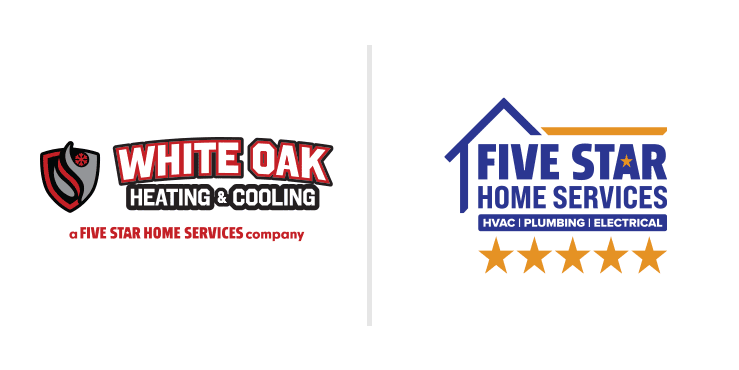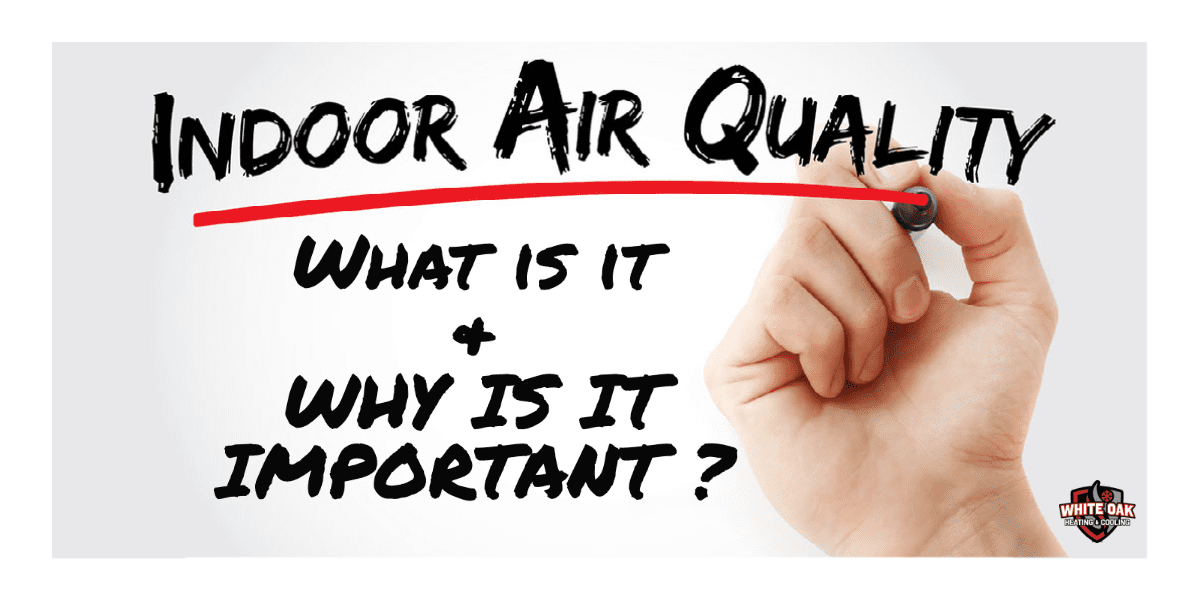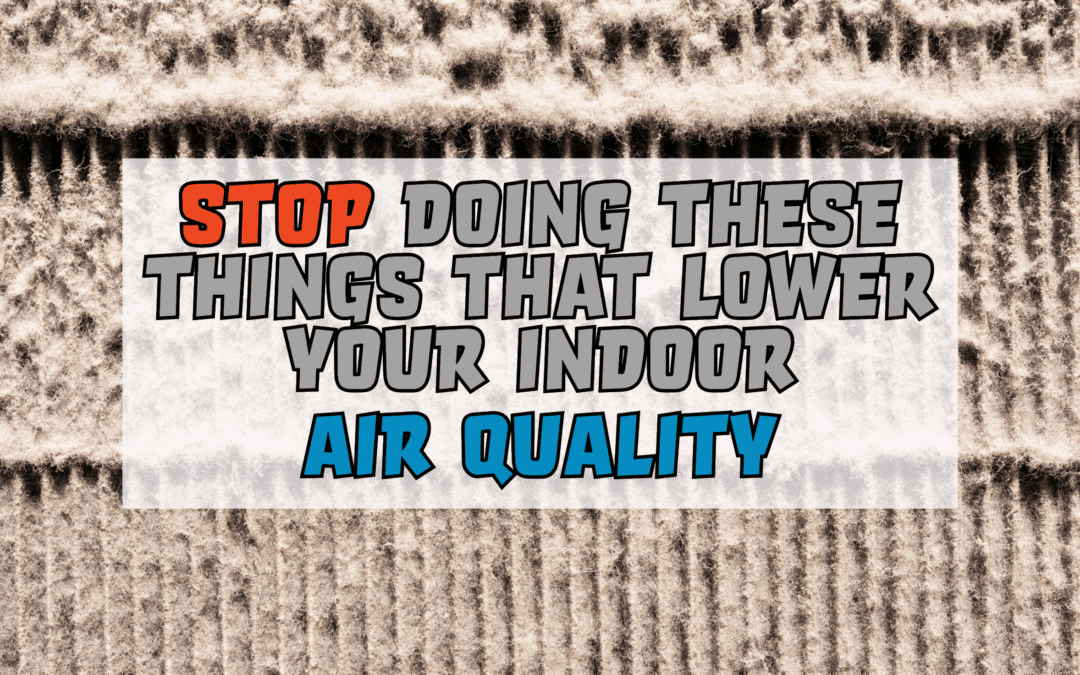Indoor Air Quality, often known as IAQ, is the state of air quality inside and around a home. It’s critical to comprehend indoor air quality and its effects on you so that you can make informed decisions about your health and well-being. IAQ is determined by several factors: ventilation, humidity, chemicals and pollutants, dust mites, and mold. Some of these factors are within your control, while others are not. However, there are simple steps homeowners can take to improve their overall IAQ and create a healthier environment for themselves and their loved ones.
What Are the Long-Term Outcomes of Indoor Air Pollution?
Indoor air pollution does not always result in an immediate response. Although you may not notice any problems at this moment, being aware of the indoor air quality of your home is crucial. According to the EPA, children, the elderly, and those with pre-existing respiratory conditions are especially susceptible to the effects of indoor air pollution. Contrary to popular belief, several studies have found that the long-term effects of poor IAQ can be directly linked to respiratory or heart-related problems. Because of this, all homeowners must understand why one person reacts to different levels of humidity whereas another has allergy symptoms from mold, mildew, or pet dander. As a result, it would be beneficial to keep track of what causes you and your family members to react. This can help homeowners better understand themselves and others around them. Once you’ve identified the culprits, you can make an informed decision on the best IAQ product for your home.
What Are the Short-Term Consequences of Indoor Air Pollution?
We’ve gone over the long-term effects, but what about the short-term effects? Health-related responses to air pollutants may appear after a one-time or continual exposure, based on the type of pollutant. Eyes, nose, and throat discomfort are some of the first signs of short-term effects. Fatigue, dizziness, and headaches are additional indications that your body is reacting to poor indoor air quality. If you’re dealing with any of these more common symptoms, you might be able to figure out what pollutant you’re reacting to and eliminate it. Keep in mind that the chance of reaction is also determined by age and prior health problems (i.e., asthma). Reactions to new indoor plants, pet dander, mold, mildew, dust particles, or dry air are examples of things you should look for.
How Can You Improve the Air Quality in Your Home?
There are a variety of air cleaners on the market. Ranging from tabletop components to complex whole-house solutions. In addition, you may need to invest in either a humidifier or a dehumidifier, depending on the amount of moisture in your house. But don’t forget to change the air filter regularly as well! A dirty air filter is the most frequent source of IAQ, and it’s an easy thing for homeowners to perform on their own to improve indoor air quality. So how can each of these pieces of technology enhance the overall quality of air in your home?
- Humidifiers: are beneficial during the winter when there is a lot of dry air. If humidity levels are too low in a home, it might result in numerous health problems, including bloody noses, breathing difficulties, sleeping issues, and dry skin. We have a variety of humidifiers to choose from at White Oak Heating & Cooling, based on your budget and needs. Keep in mind that the ideal degree of humidity for your house should be between 30% and 50%.
- Dehumidifiers: If your house’s humidity is high, a dehumidifier will assist with that problem. While you don’t want the air in your home to be overly dry, you don’t want it to be excessively wet either. Excess moisture in a property can lead to unwanted mold and mildew growth. Dehumidifiers help keep the moisture level in your home at an acceptable level by reducing dampness while also eliminating musty scents.
- Air filters: this simple component of your residential HVAC system is critical to the functioning of your home’s HVAC system. Its goal is to collect any lingering air particles. A clean air filter is essential for high indoor air quality. The air filter’s job is to trap allergens such as dust and pollen within your home’s air circulation. Because of this, a homeowner should check their HVAC air filters once every 30-60 days and replace them as needed. Keep in mind that depending on the size of your HVAC unit, the type of filter it uses, or both, some air filters may need to be replaced more frequently than others.
We at White Oak Heating & Cooling would be delighted to assist you in improving the quality of air inside your house by adding an air cleaning system, humidifier, dehumidifier, or changing your filter. We consider it a special opportunity to serve you and your family and demonstrate what exceptional customer service means. Contact us today at (513) 342-8434, or schedule an appointment online now by clicking here!









